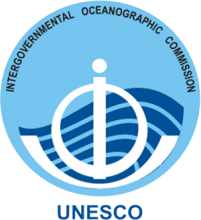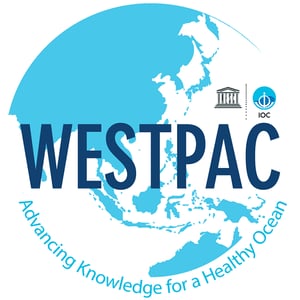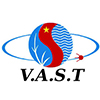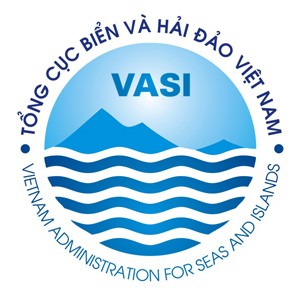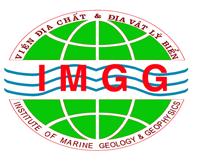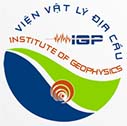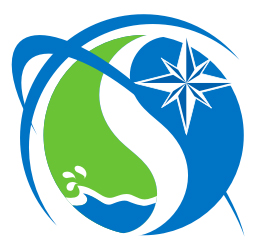What is the United Nations Decade of ocean science for sustainable development?
On 5 December 2017, the United Nations declared that a Decade of Ocean Science for Sustainable Development would be held from 2021 to 2030. This Decade will provide a common framework to ensure that ocean science can fully support countries to achieve the 2030 Agenda for Sustainable Development. The Decade will provide a ‘once in a lifetime’ opportunity to create a new foundation, across the science-policy interface, to strengthen the management of our oceans and coasts for the benefit of humanity.
The Decade will strengthen the international cooperation needed to develop the scientific research and innovative technologies that can connect ocean science with the needs of society. It will also contribute to the UN processes protecting the ocean and its resources, such as the Aichi Biodiversity targets, the SAMOA Pathway, the United Nations Convention for the Law of the Sea and the Sendai Framework for Disaster Risk Reduction.
The Decade will require the engagement of many different stakeholders to create new ideas, solutions, partnerships and applications, these include: scientists, governments, academics, policy makers, business, industry and civil society.
The Intergovernmental Oceanographic Commission (IOC) of UNESCO has now been tasked by the UN General Assembly to work with all interested stakeholders to design a Decade of ocean science that will help us to deliver the ocean we need for the future we want.
The IOC also provides a focus for other UN organizations and agencies with regard to ocean science, observations and data exchange. A primary focus of the IOC is to enable its Member States to build the scientific and institutional capacity needed to achieve the United Nations Sustainable Development Goal 14 to conserve and sustainably manage ocean and marine resources by 2030.
The Decade will provide a responsible global pathway for development
The Ocean is our planet’s largest ecosystem. It stabilizes climate, stores carbon, produces oxygen, nurtures unimaginable biodiversity, and directly supports human well-being through food, mineral, and energy resources as well as provides cultural and recreational services. Unfortunately, despite improved management and conservation actions, the United Nations First World Ocean Assessment found that much of the Ocean is now seriously degraded. As the world population will reach an estimated 9 billion people by 2050, impacts on the ocean associated with human activities will increase. Action can only be effective if it is based on sound knowledge informed by science. There is an increasingly need to find scientific solutions that allow us to understand the changes taking place in our ocean, and to reverse its declining health. Ocean science has made great progress over the last century in exploring, describing, understanding, and enhancing our ability to predict changes in the ocean system.
In the coming decade, we have a tremendous opportunity to harness interdisciplinary advances in ocean science to achieve a better understanding of the ocean system. This will enable the delivery of timely information about the state of the Ocean and this will allow to articulate interconnected scenarios and pathway for sustainable development. Ocean science can help us to address impacts from climate change, marine pollution, ocean acidification, the loss of marine species and degradation of marine and coastal environments. To achieve sustainable development, good science is needed to inform policies and raise the knowledge bar of all stakeholders
Supporting Ocean science that is it for purpose
The Global Ocean Science Report found that ocean science accounts for only between 0.04% and 4% of total research and development expenditures worldwide. The Decade of Ocean Science will help to mobilize partnerships and increase investment in priority areas where action is urgently needed. The Decade will build on existing partnerships and technologies and create new ones to enhance and expand the global scientific capacity required to quickly collect issue-specific information to meet the constantly-evolving needs of ocean and coastal zone managers and a rapidly developing blue economy. While many countries benefit from sophisticated, cutting-edge scientific infrastructure, technology, and human capacity for science and innovation, the Global Ocean Science Report concluded that major disparities exist in the capacity around the world to undertake marine scientific research. A core objective of the Decade will be to improve the scientific knowledge base through capacity development to regions and groups that are presently limited in capacity and capability, especially Small Island Developing States and the Least Developed Countries.
For more information: The Science we need for the ocean we want: the United Nations Decade of Ocean Science for Sustainable Development (2021-2030)
at the link https://unesdoc.unesco.org/ark:/48223/pf0000265198
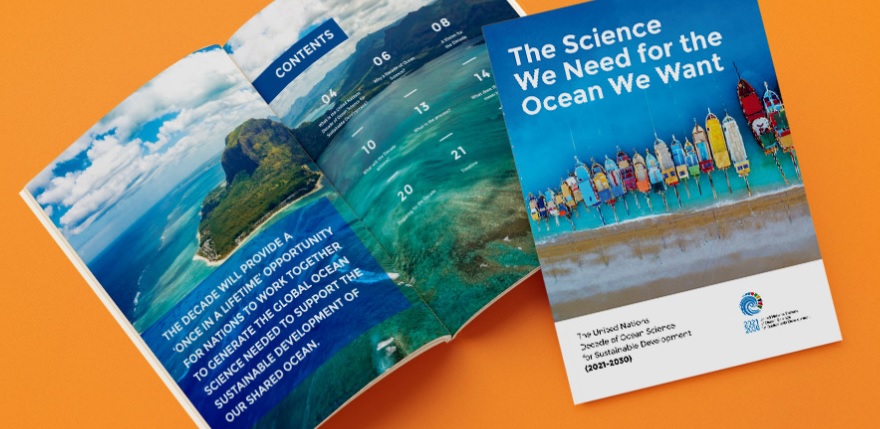
(Source IOC/UNESCO)



